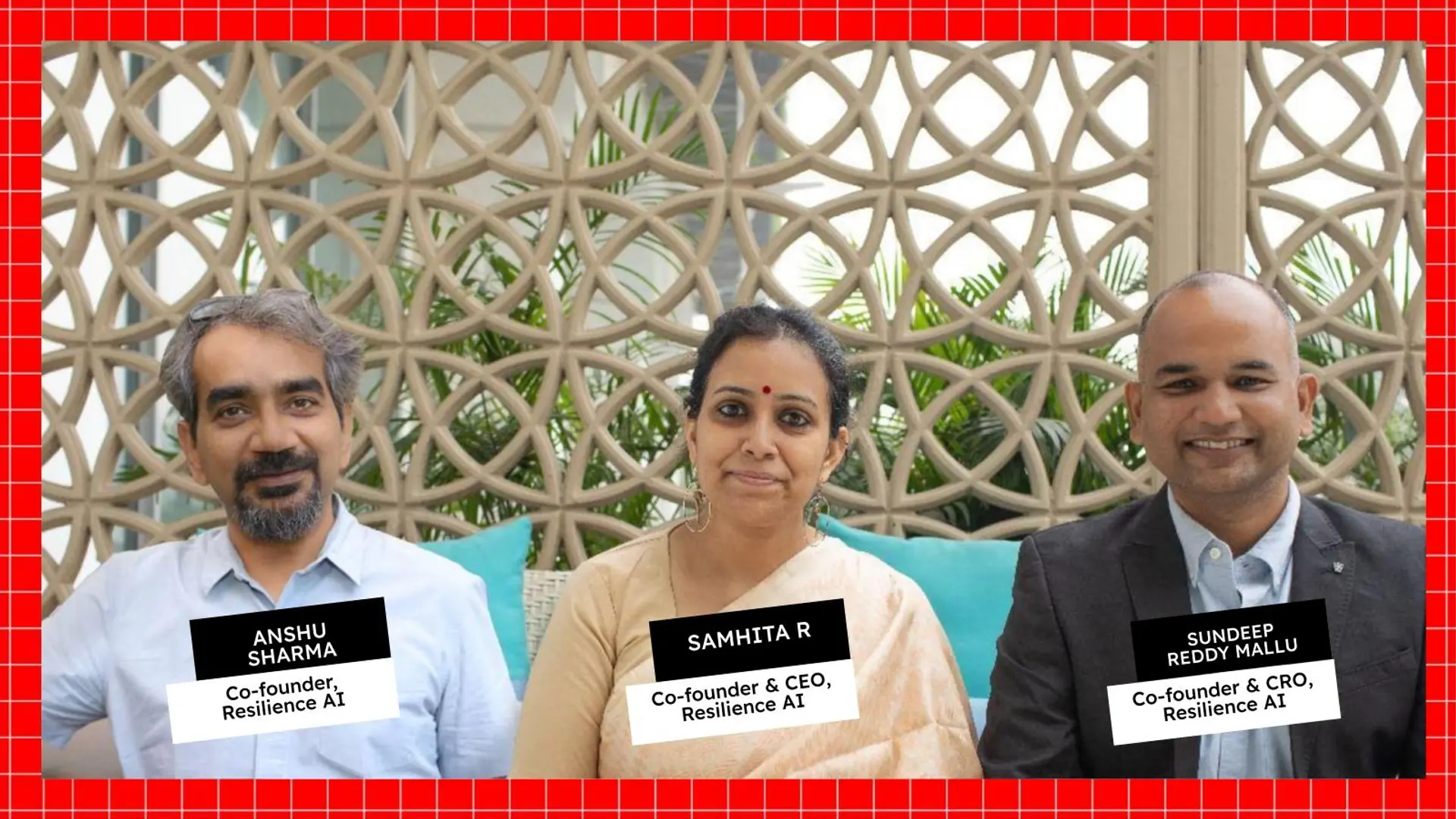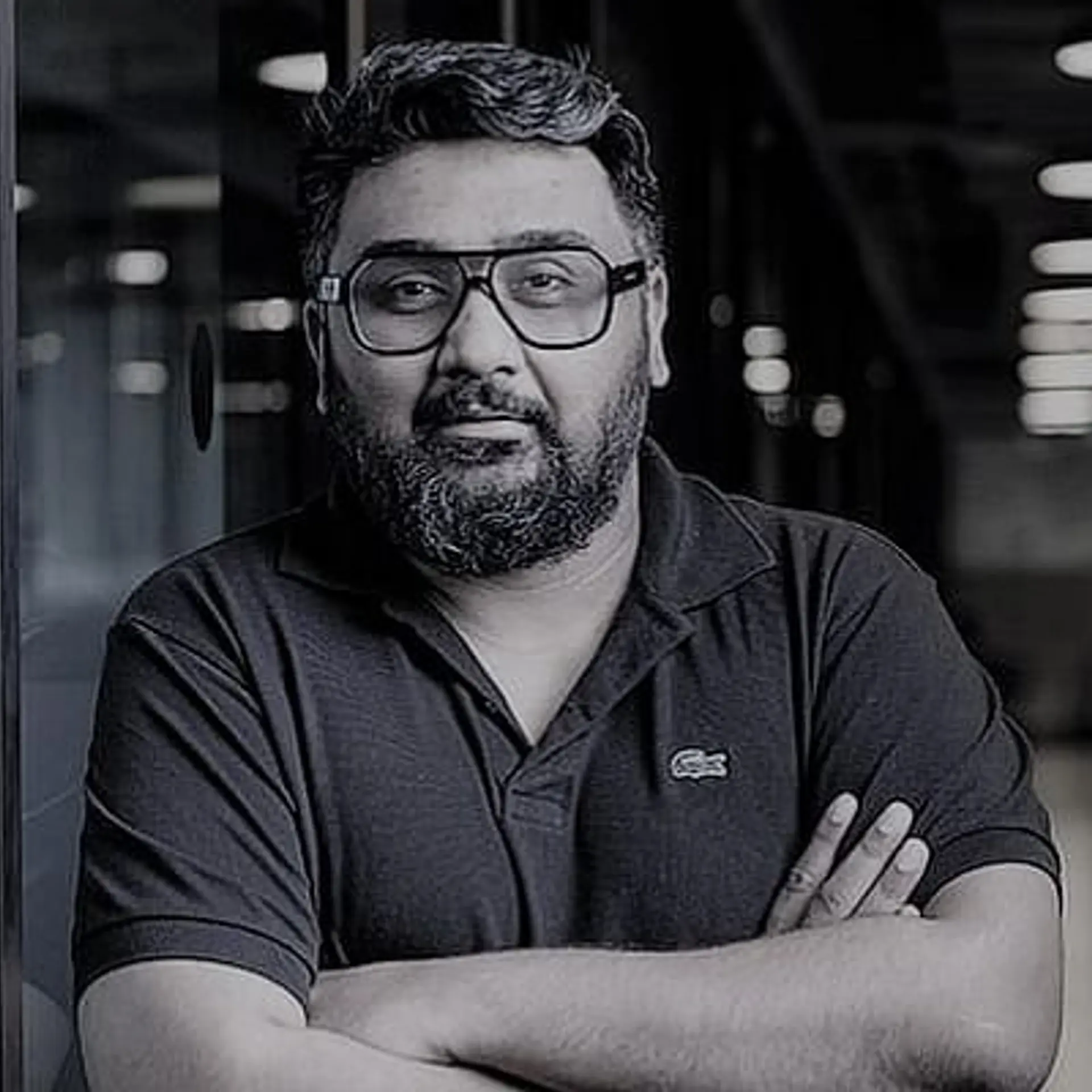Devika Krishnan finds Joy at Work with her line of upcycled home, fashion products made from waste
Bengaluru-based Joy at Work provides women an opportunity to learn and hone their hand and business skills, empowering them to contribute to their household income.

Milk, milkshakes, lassi, buttermilk, juice, coconut water… what do they have in common? The Tetra Pak, which has revolutionised packaging worldwide. But the packaging material contributes to the environmental problems plaguing the earth, and Devika Krishnan decided to do something about it.
In 2013, she started Joy At Work from a rented room in Nallurahalli, a village sandwiched between corporate and residential hubs, and located in the backyard of the software industry in Whitefield in Bengaluru. This women’s enterprise now upcycles tetra paks, scrap fabric, and cement sacks into trendy lifestyle accessories.
Devika, who graduated in Ceramic Design from the National Institute of Design (NID), Ahmedabad, says she has been working in the “livelihood” sector since 1993. She began by working with nonprofit Dastkar as a product designer and skills trainer, and went on to work with Good Earth. During a Dastkar project in one of the villages near Ranthambore National Park, Rajasthan, she discovered that she could use Tetra Pak as raw material and went on to make fashion baskets from this waste in 2009.
Soon after, in 2010, she started the anu LIFE in Bengaluru’s Janakiram Layout slum. Things followed a natural progression. “One of the women at anu LIFE was married to someone who worked in the construction business. We had access to cement bags and experimented with embroidery work – we soon had my iPad cover made from cement sacks,” Devika says.
By 2012, the women at anu LIFE – mostly wives of migrant workers - were doing business worth Rs 14 lakh, and Devika decided they could handle things on their own.

An idea takes root
But soon, the seed of Joy at Work was planted in her mind and started taking root. The thought behind the eco-friendly venture was simple: “The sheer volume of waste we generate that is literally drowning us, and the buying spree India seems to be happily riding on,” Devika says.
The idea had been there in her mind for a decade at least but she didn't find the time to see it through earlier.
“I have implemented my design developments in projects that I work for and realised the market potential for this range as these products (in the other project) were and continue to be very popular,” she says.
Joy at Work produces home and fashion accessories such as rugs, cushions, mats, bags, baskets, and jewellery out of low-value solid waste such as discarded tetra paks, cement sacks, and fabric scraps. The Joy at Work women now make around 300 products a month on an average; prices range from Rs 30 for a pair of earrings to about Rs 2,000 for a floor mat. The eye-catching baskets, which typically use 26 cartons, are “ultra-strong and can last up to seven years”.

Empowering women
The purpose of Joy at Work was to nurture a small group of women and help them increase their household income, and to teach them hand and business skills so they will be able to run the enterprise independently in a span of a few years. What works for Joy at Work, a livelihoods project, where the primary goal is to ensure the beneficiaries earn the most out of the business, is the low material cost.

Joy at Work only uses low-value solid waste that goes into landfills, avoiding waste that has any value in the kabaadi market.
“By using waste, we reduce material cost and make the product affordable. The largest component in the product's price goes to its maker,” Devika says.
Joy at Work, by using discarded waste to make quality products that are trendy, spreads the message of reuse and upcycle, and provides a means of income to several women. The social startup does not have any marketing strategy other than “our customers are our brand ambassadors”.
The small-scale setup encourages women to bring and train a friend, leading to solidarity and helping women gain and hone their problem-solving skills. Being in charge of their work schedule and money has helped break down social and gender barriers, and had led to equitable relationships between couples.
“The group strength is 12 and we aim at making it 15 soon. We have trained 47 women so far, but many left for better jobs as we are in the IT hub of the city where corporates and schools are looking for front-desk executives and assistant teachers, etc. Once their confidence level builds up and they learn English, mathematics and life skills, some of these women move on to better prospects and higher salaries,” Devika adds.
Those women who have remained with the project for four years have seen their income rise from Rs 400 to Rs 600 a month for 20 days of work, four hours a day, to Rs 5,000 to Rs 11,000 a month currently.
“They now run production entirely on their own. We have collaborated with Rimagined Store, a retail platform that sells only upcycled products,” she says.
Reimagining the future
So what’s in the future for Joy at Work?
In collaboration with Rimagined, Devika hopes to see a hundred microenterprises like hers that will convert solid waste from their geography into trendy products that “will primarily be sold within the population of that locality so we remain as light-footed a business on the planet as possible”.
Joy at Work has already set up two units in Kolkata and trained a group in Odisha. “We have developed ranges of upcycled products at other established crafts enterprises, which we sell through Rimagined,” Devika explains.
The focus of Joy At work is to help train as many women from underserved communities as possible to become economically independent by upcycling waste into marketable products. “We are completely open source and have had several groups of women and students trained in our techniques by our team of women. Every member of the Joy at Work team not only makes products herself but is also equipped at training others,” Devika says. She is hopeful that the women at Joy at Work will be able to handle the project independently by the end of this year. “I will be able to move on to a new project,” the eco-warrior ends.







